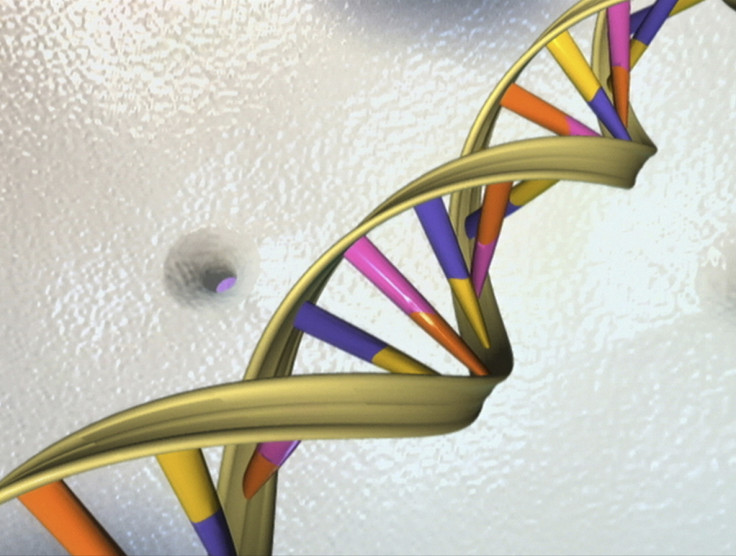Discovery of Genetic 'Watchdogs' Brings Scientists Closer to Heart Attack Prediction Test

Doctors may be able to identify people who are on the verge of a heart attack thanks to new research into genetic markers.
Researchers at the Intermountain Medical Center Heart Institute in Salt Lake City, Utah, have identified the plasma levels of two markers - microRNA 122 and 126 - which appear to decline a few days prior to a heart attack.
Oxana Galenko, the lead author of the study, said: "It's always been a mystery trying to identify people with heart disease who are at imminent risk of having a heart attack. Currently, there's no blood test that allows us to say: 'Yes, this person will likely have a heart attack in the near future'."
She added that the markers have "given us a place to start" in predicting which patients with heart disease may be prone to an attack.
Galenko and her team studied samples of 30 patients who had suffered a heart attack within 44 days of having their blood collected. They examined factors such as age, gender, race and elevated cholesterol levels, as well as high blood pressure and diabetes.
The results showed that within two weeks of experiencing a heart attack, the patient's mircoRNA 122 and 126 levels decreased dramatically.
According to the Times of India: "MicroRNAs act like a watch dog, and when their levels are reduced, heart disease takes a turn for the worse and heart attacks are likely to occur."
The discovery of the diminishing mircoDNA markers began with the understanding of a basic process in biology called the central dogma. It is an explanation of the flow of genetic information within a biological system, which uses the data to grow and develop. It was initially stated by Francis Crick in 1958.
Messenger ribonucleic acid (mRNA) communicated this information to the rest of the body, which translates it into protein. This process is known as gene expression.
In 1993, scientists discovered small forms of RNA which did not follow standard translation patterns, called mircoRNA. Unlike mRNA, they did not make proteins but interfered with mRNA to prevent translation.
With an aggregate cost of $11.5bn for 612,000 hospital stays, heart attack, or acute myocardial infarction, was one of the top five most expensive conditions seen during inpatient hospital admissions in the United States. According to News Medical, 715,000 Americans suffer from heart attacks each year.
© Copyright IBTimes 2024. All rights reserved.







